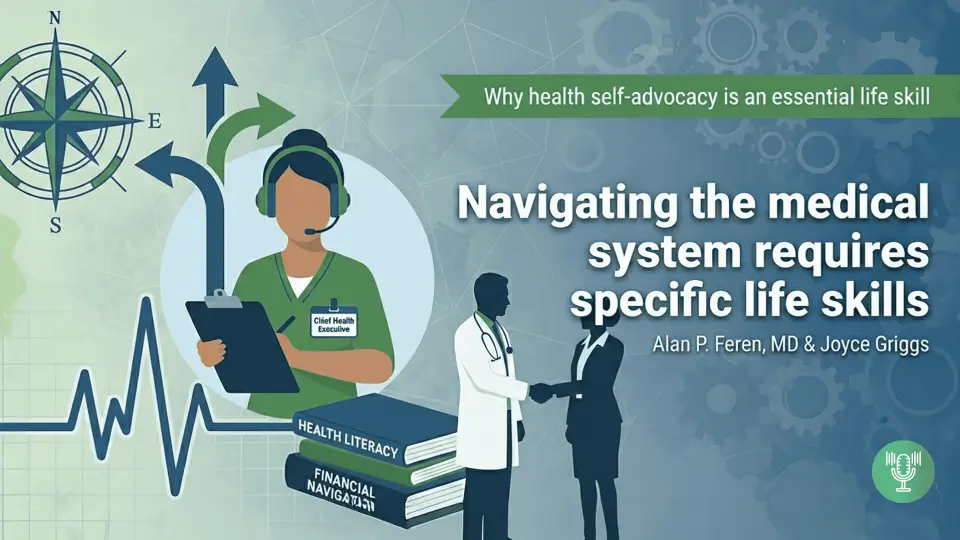One of our most important senses, hearing connects us to other people and the world around us. The loss of hearing can make some situations frustrating, or even lead to isolation and withdrawal from many pleasurable activities.
Nearly everyone experiences trouble hearing from time to time. Common causes include a buildup of earwax or fluid in the ear, ear infections, or the change in air pressure when taking off in an airplane. A mild degree of permanent hearing loss is an inevitable part of the aging process.
Testing — 1, 2, 3
If you suspect that you’re losing your hearing, you should see a doctor who specializes in hearing disorders. If you answer yes to any of the questions below, you might need to have your hearing tested:
- Are you always turning up the volume on your TV or radio?
- Do you shy away from social situations or meeting new people because you’re worried about understanding them?
- Do you get confused or feel “out of it” at restaurants or dinner parties?
- Do you ask people to repeat themselves?
- Do you miss telephone calls — or have trouble hearing on the phone when you do pick up the receiver?
- Do the people in your world complain that you never listen to them (even when you’re really trying)?
What are the tests for hearing loss?
Having your hearing “checked” is actually a multistep process that can involve two health practitioners: a doctor and an audiologist Your doctor will start with a medical history, examination of your ears, nose, and throat, followed by a few simple office hearing tests.
These tests take just a few minutes and aren’t uncomfortable at all. They involve using a tuning fork that sends vibrations into the ear to help assess your hearing loss.
If the doctor’s preliminary testing confirms your suspicion that your hearing is impaired, then you’ll be referred for an audiological evaluation, an extensive battery of tests performed by an audiologist.
The series of hearing tests performed by an audiologist usually takes about 20 to 30 minutes. This round of tests is done in a specially constructed, soundproof booth in order to shut out unwanted noise and ensure accurate results. You’ll listen to sounds through each ear separately while wearing earphones.
The audiologist will do more than one kind of test to evaluate if you can hear in low, mid-range, and high frequencies. Additional testing evaluates how well you hear and understand spoken words.
Reference: Posted in Harvard Health Publishing (2023), Available at: https://www.health.harvard.edu/diseases-and-conditions/testing-for-hearing-loss (Accessed: 7 June, 2024)






